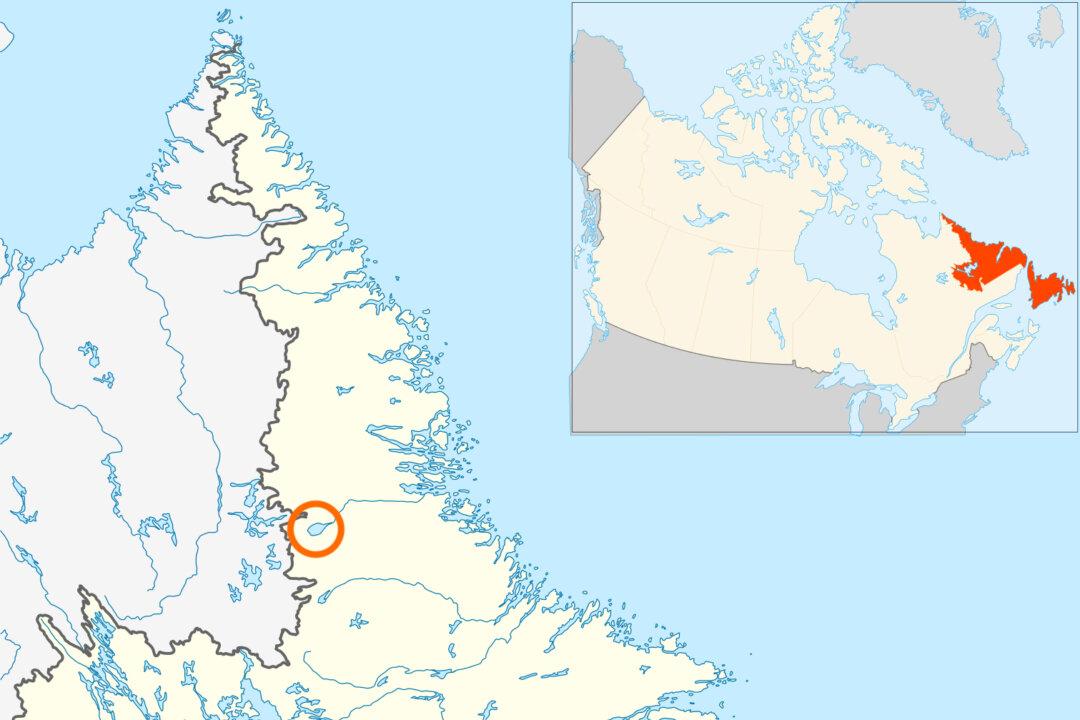VANCOUVER—Meng Wanzhou, the chief financial officer of Chinese telecommunications giant Huawei, is wanted on fraud charges in the United States, her bail hearing was told.
Meng is accused of committing fraud because she told banks in the United States that Huawei and Skycom, a Hong Kong-based company reportedly doing business with Iran, had no connection. However, the court heard from lawyers representing the Canadian government that Huawei effectively controlled Skycom.




